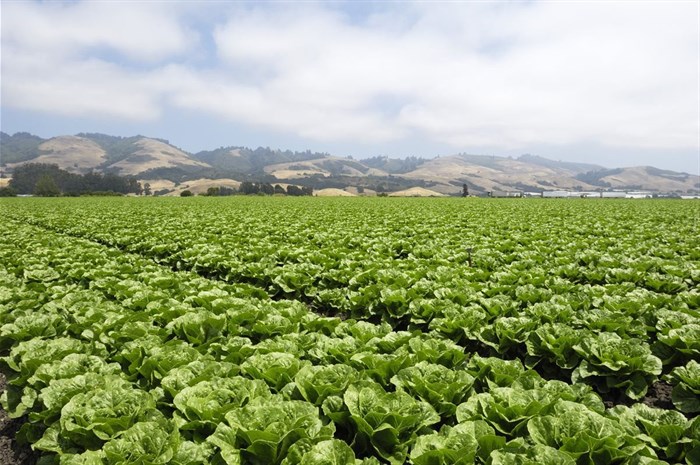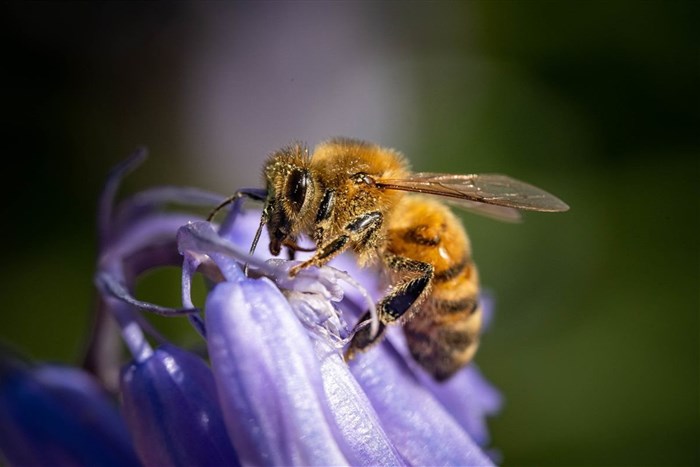The evidence is clear that our current food and agriculture systems are severely impacting global greenhouse gas emissions, freshwater usage and deforestation.
In response to these issues, activists, policymakers and corporate executives have been exploring new strategies for making our food systems more resilient and sustainable.
Regenerative agricultural strategies, in particular, can reduce the greenhouse gas emissions from food production, restore local ecosystems and enhance community well-being in specific geographical locations.
But they also require a foundation of nature-based or ecological knowledge in order to be effective. Our recent research sheds light on how organisations can gain and make use of this knowledge.
Regenerating local communities
In the face of current global ecological challenges, there is a need to explore how organisations can help revitalize local communities and ecosystems. Our research on farming organisations on Vancouver Island, British Columbia, aims to explore this.
We studied nine certified organic farming organisations to examine how they were harnessing and using ecological knowledge. Certified organic farming involves business operations that are “sustainable and harmonious with nature.” In B.C., farms are awarded certification annually after a rigorous evaluation process.
Unlike conventional farming practices that prioritize short-term gains through the use of chemical fertilizers, pesticides and monocropping, organic farms focus on long-term health and ecological balance.
The farms we studied were actively engaged in community initiatives aimed at conserving nature and strengthening local food and nutrition security.
Through a series of in-depth interviews with farmers, owners and other key decision-makers, we found these organisations were helping regenerate their local communities by committing to environmental stewardship, and pursuing, acquiring and applying new ecological knowledge.
Environmental stewardship
The leaders and decision-makers of the farming organisations we interviewed were strongly committed to environmental stewardship. Environmental stewardship refers to actions and decisions that prioritize the conservation and enhancement of ecosystems and biodiversity, and the interests of future generations.
This commitment was evident through two main factors. First, decision-makers demonstrated a genuine appreciation for nature, leading them to feel strongly about safeguarding it from harm.
During our interviews, one farmer described how the goals of building sustainable communities and healthy ecosystems influenced her business’ long-term goals. She said:
In the long term if you don’t have a really solid, values-based business, then you’re going to disappear anyway. [We] put our values behind our environmental footprint and [our efforts to make] this community a better place.
Second, these leaders had a deep understanding of how their organisations relied on the health of the surrounding ecosystems. The farming practices adopted by them were based on building mutually beneficial relationships between their organisations, local ecosystems and communities.
One board member we interviewed emphasised their reliance on the surrounding ecosystems in an interview, stating that:
By enhancing biodiversity, we can bring back beneficial ecosystems that directly benefit our farmers. We recognised the importance of pollinators and took steps to increase biodiversity by reintroducing native bees.
This dedication to environmental stewardship led decision-makers to seek out ecological knowledge about the local ecology to help them foster the creation of healthy and diverse ecosystems.
Restoring local ecosystems and well-being
The decision-makers we interviewed decided to seek out new knowledge to improve their organisation’s performance and promote long-term social and ecological well-being. They often did this in response to rising demand from customers and community members for locally sourced, pesticide-free and certified organic products.
Organisations acquired ecological knowledge by collaborating with scientists, academics and non-profit organisations through knowledge exchanges. In our study, for example, some farmers integrated scientific knowledge with their farming methods, resulting in improved crop yield and quality.
Organisations then put their newly acquired ecological knowledge into practice by transforming it into manuals, reports, operating procedures or other similar formats. This allowed the knowledge to be accessed easily and updated as necessary. Applying new knowledge required flexibility, a hands-on learning approach, and the willingness to discard outdated practices.
Once organisations fully integrated new ecological knowledge, they were able to contribute to regenerating their communities, which enhanced financial and ecological sustainability.
A growing urgency
With the world’s population projected to reach 10 billion by 2050, there’s even more of a growing urgency to address environmental impacts and ensure community well-being, ecosystem health and food security, particularly in vulnerable places.
As businesses navigate today’s complex social and environmental challenges, the importance of turning to nature for inspiration is becoming increasingly evident.
Businesses, in particular large corporations, have the responsibility to address the environmental impacts of the food system by committing to promote regenerative farming practices.
By situating themselves within their communities and prioritizing ecological knowledge, businesses have the potential to not only improve their own sustainability, but also to ignite positive change within the communities they operate in.
This article is republished from The Conversation under a Creative Commons license. Read the original article.

































